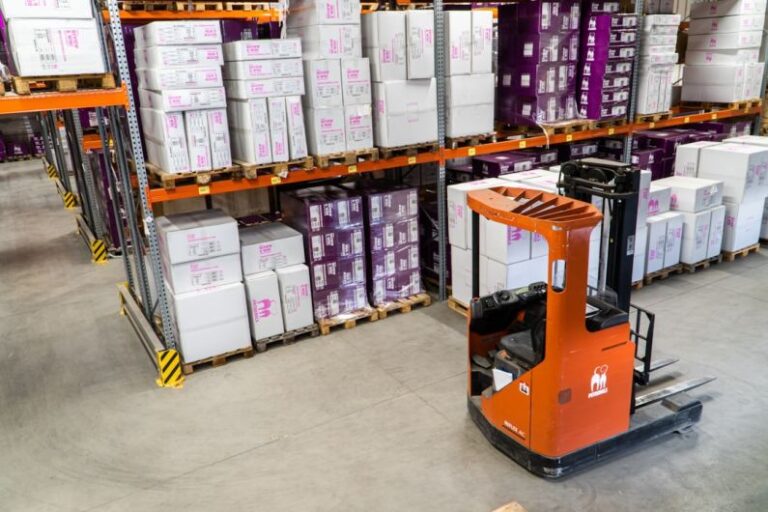Time Management Tips for Logistics Professionals
Effective time management is crucial for logistics professionals who are constantly juggling multiple tasks and facing tight deadlines. In the fast-paced world of logistics, being able to prioritize and manage time efficiently can make a significant difference in the success of operations. Here are some practical tips to help logistics professionals optimize their time management skills and improve productivity in this demanding industry.
Prioritize Tasks Based on Importance and Urgency
One of the key principles of time management is prioritization. Logistics professionals should start each day by identifying tasks that are both important and urgent. Important tasks contribute directly to the overall goals and objectives of the logistics operation, while urgent tasks require immediate attention to prevent delays or disruptions. By focusing on tasks that are both important and urgent, professionals can ensure that they are making the most of their time and efforts.
Utilize Technology to Streamline Processes
Technology plays a crucial role in the logistics industry, offering a wide range of tools and software solutions to streamline processes and improve efficiency. Logistics professionals should take advantage of technology to automate repetitive tasks, track shipments in real-time, and communicate effectively with team members and clients. By using technology to their advantage, professionals can save time and reduce the risk of errors in their daily operations.
Delegate Responsibilities When Necessary
Delegation is an essential skill for effective time management. Logistics professionals should not hesitate to delegate tasks to team members or colleagues who are better equipped to handle them. By assigning responsibilities to others, professionals can free up their own time to focus on higher-priority tasks that require their expertise. Delegating also helps to build trust and collaboration within the team, leading to improved efficiency and productivity in the long run.
Set Realistic Deadlines and Stick to Them
Setting realistic deadlines for tasks and projects is crucial for effective time management. Logistics professionals should carefully assess the time required to complete each task and establish clear deadlines to stay on track. By setting achievable goals and deadlines, professionals can avoid last-minute rushes and reduce the risk of delays in the logistics process. It is essential to hold oneself accountable and stick to the established deadlines to maintain a consistent workflow and meet project timelines.
Practice Effective Communication
Clear and concise communication is essential for efficient time management in the logistics industry. Professionals should ensure that they are in constant communication with team members, clients, and stakeholders to avoid misunderstandings and delays. By sharing updates, progress reports, and feedback regularly, professionals can keep everyone informed and aligned with the project goals. Effective communication also helps to address issues promptly and make necessary adjustments to the logistics plan to ensure smooth operations.
Take Regular Breaks to Recharge
In the fast-paced environment of logistics, professionals often find themselves working long hours and facing high levels of stress. It is essential to take regular breaks throughout the day to recharge and avoid burnout. By stepping away from work for short periods, professionals can clear their minds, reduce fatigue, and improve focus when they return to their tasks. Taking breaks also helps to maintain a healthy work-life balance and prevent mental and physical exhaustion in the long term.
Embrace Continuous Learning and Improvement
Continuous learning and improvement are essential for staying competitive in the dynamic field of logistics. Professionals should seek opportunities to expand their knowledge, acquire new skills, and stay updated on industry trends and best practices. By investing in professional development and training, logistics professionals can improve their efficiency, adaptability, and problem-solving abilities. Embracing a growth mindset and a commitment to lifelong learning can help professionals stay ahead of the curve and excel in their careers.
In conclusion, effective time management is a critical skill for logistics professionals looking to succeed in the fast-paced and demanding industry. By prioritizing tasks, utilizing technology, delegating responsibilities, setting realistic deadlines, practicing effective communication, taking regular breaks, and embracing continuous learning, professionals can optimize their time management skills and enhance productivity in their daily operations. By implementing these tips and strategies, logistics professionals can navigate the challenges of the industry with confidence and efficiency.






